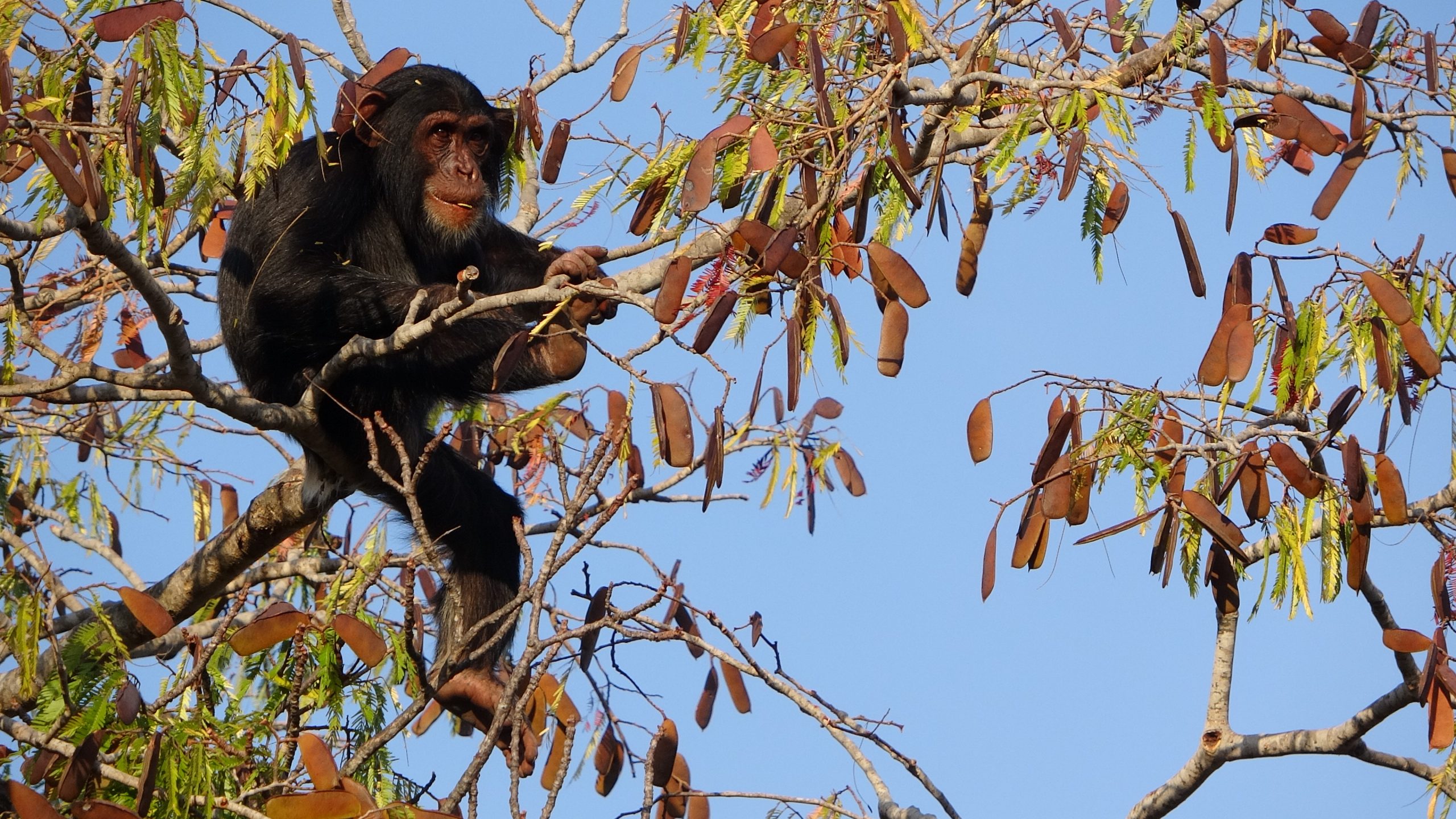Now Reading: Early Hominins Balanced Walking Upright with Tree-Dwelling Habits
-
01
Early Hominins Balanced Walking Upright with Tree-Dwelling Habits
Early Hominins Balanced Walking Upright with Tree-Dwelling Habits

Swift Summary
- A long-standing theory of human evolution posits that bipedalism emerged as early hominins transitioned from forests to savannahs; however, new research challenges this view.
- A study in Frontiers in Ecology and Evolution found that chimpanzees in Tanzania’s issa Valley, living in a savannah-mosaic surroundings similar to ancient habitats, climb trees extensively for food.
- Teh study observed these chimpanzees using arboreal movement strategies like hanging under branches or balancing on thin branches for support while obtaining food-techniques requiring upright posture.
- Researchers suggest that adaptations for both climbing and walking persisted simultaneously in early hominins and may have influenced the evolution of bipedalism even after transitioning to open habitats.
- Lead researcher Rhianna Drummond-Clarke emphasized the role of arboreal living in shaping human evolution and proposed further studies on other chimpanzee communities to generalize findings.
Indian Opinion Analysis
This research offers a nuanced understanding of human evolution, emphasizing how environmental challenges shaped our ancestors’ locomotion strategies. Early hominins’ ability to alternate between climbing trees and walking upright reflects evolutionary ingenuity driven by survival needs-a finding relevant not only for anthropology but also biodiversity conservation efforts globally, including regions like India. India’s rich ecosystems with primate populations could provide insights into evolutionary behavior parallels across species.
The study’s broader implication is its challenge to simplistic narratives about linear evolutionary progress; adaptation appears complex and context-dependent.By reevaluating longstanding assumptions about human origins with observational data from modern primates, such findings deepen comprehension of shared ecological pasts between humans and apes while inviting cross-disciplinary dialog between paleontology, behavioral studies, and conservation science worldwide.
























